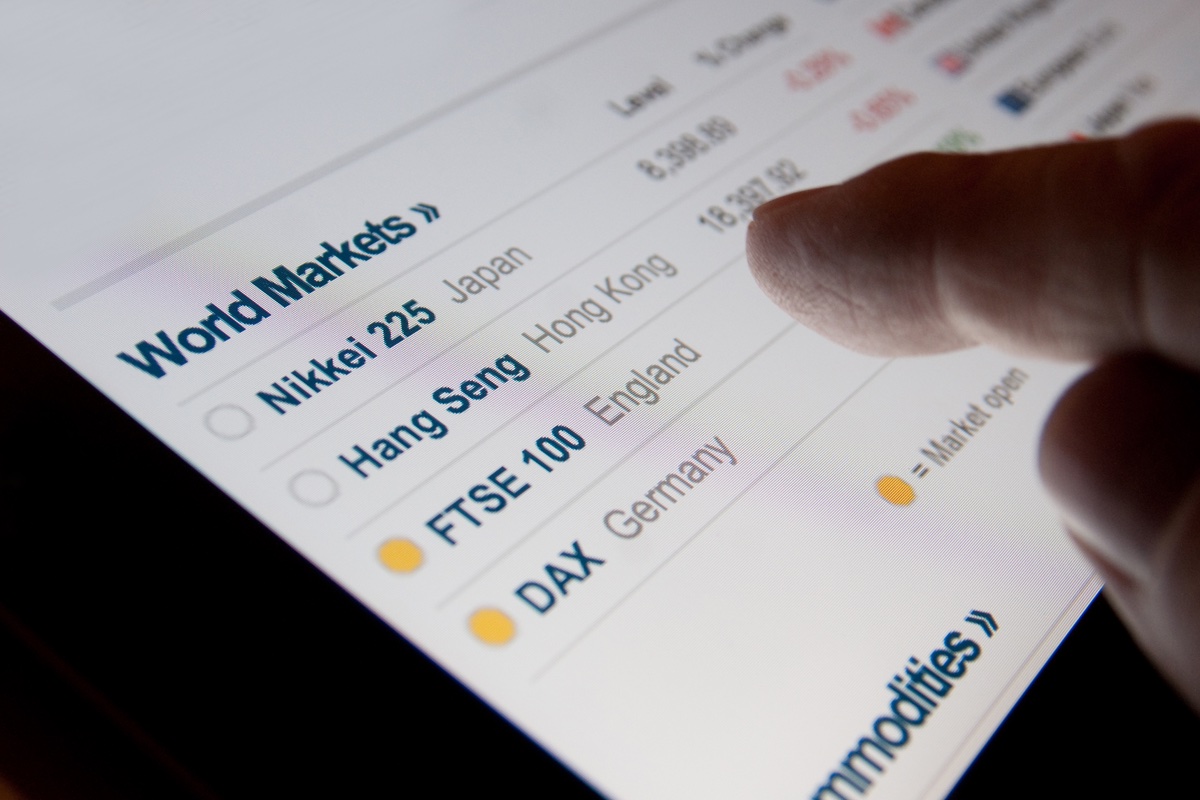US Airline Stocks Fall Further After Trump's Tariff Move
US airline stocks have suffered sharp declines following President Donald Trump’s recent tariff announcement. The tariffs apply to nearly all imports from multiple countries, including a 10% baseline rate on trading partners, a 25% levy on all imported vehicles, and reciprocal tariffs of up to 50% on at least 50 countries.
Following the announcement, major US airline stocks tumbled:
These declines compound an already difficult market environment, with US airline stocks down 24% since the start of the year.
"The outlook has been impacted by the recent reduction in consumer and corporate confidence caused by increased macro uncertainty, driving softness in domestic demand," Delta Air Lines stated in a regulatory filing. The airline had previously lowered its first-quarter outlook due to economic uncertainty.
“Good news is that international, long-haul, Hawaii, and premium travel all remain really strong. But we have seen government and some low-end consumer leisure weakness," said Scott Kirny, CEO, United Airlines, during a March investor conference.
The airline sector is already grappling with supply-chain disruptions, including aircraft and component delivery delays. The new tariffs are expected to further increase operational costs.
"What I am really worried about is if things get really bad, could we see the EU or individual European governments renounce open skies agreements that they may have with the United States or attempt to cancel the joint ventures that exist between various European airlines and US carriers?" said Henry Harteveldt, President, Atmosphere Research Group.
The US Travel Association has also raised concerns over declining travel demand. "The travel industry is seeing concerning trends in both domestic and international-inbound travel. We attribute this to a variety of factors, including a strong dollar, long visa wait times, concerns over travel restrictions, a question of America’s welcomeness, a slowing US economy, and recent safety concerns," the association stated.
"Airbus can mitigate this by partially supplying US customers from its production facility in Mobile, Alabama, and by prioritizing deliveries to non-US customers," said Matt Dorset, analyst, Quilter Cheviot, a London-based investment firm.
However, there are concerns that retaliatory tariffs could negatively impact Boeing. "If Europe and other countries retaliate, we expect Boeing to suffer more than Airbus due to its higher exposure to non-US deliveries compared to Airbus's US market share," Dorset added.
With rising costs, airlines are likely to adjust pricing strategies. "Airlines operate on very low margins, and as such, it is not like they can absorb these costs. Planes require maintenance continuously if you prefer to have doors not fly off the plane in the middle of the flight," said Gal Allon, Analyst, Wharton School.
The effects of the tariffs extend beyond the United States. European airline stocks also fell, with:
Despite the challenges, some budget airline executives remain optimistic. "When times get tough, people still need to fly. They just look harder for lower fares," said David Neeleman, CEO, Breeze Airways.
Meanwhile, Wall Street analysts have warned of weakening travel demand. Deutsche Bank recently projected lower summer airfares, particularly as Canadian travelers avoid US destinations in response to the tariffs.
The long-term effects of these policies remain uncertain. The UK's Office for Budget Responsibility estimates that a worst-case global trade war could shrink UK’s GDP by up to 1%, which would likely dampen air travel demand worldwide.







